Introduction
It is a widespread problem that can result from consuming contaminated food or drinks. It can cause a range of symptoms, from mild to severe, including nausea, vomiting, abdominal cramps, and diarrhea. These symptoms can last anywhere from a few hours to several days and in some severe cases, may even lead to hospitalization.
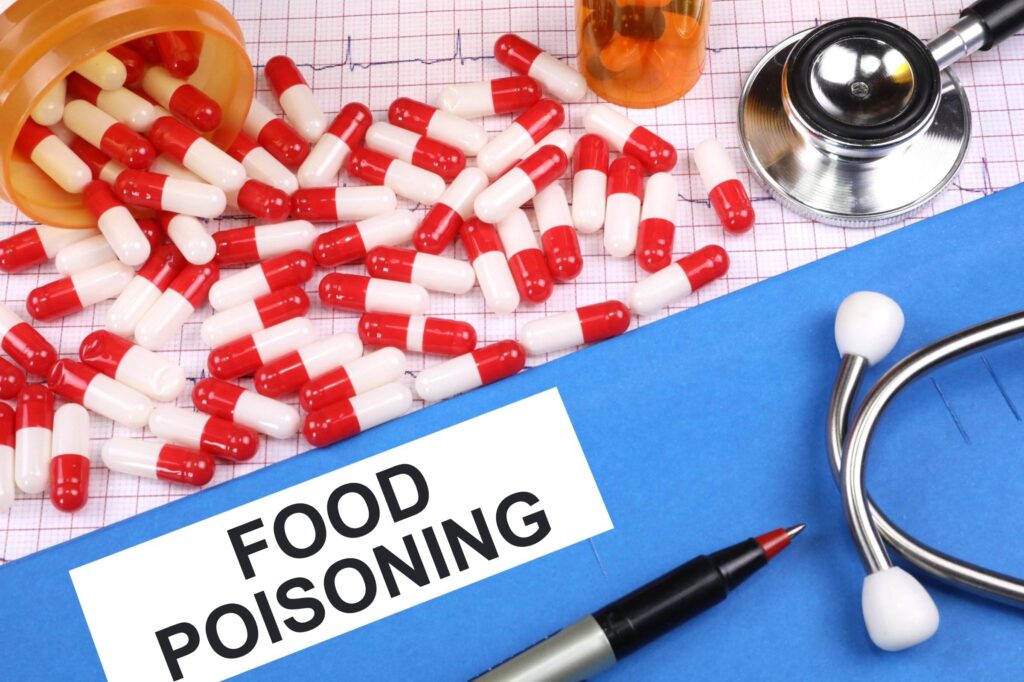
The cause of this condition can stem from a variety of sources, including bacteria, viruses, toxins, or parasites. These harmful contaminants can be present in food due to poor handling, storage, or preparation practices. To reduce the risk of this condition, it is crucial to follow proper food safety measures, such as washing your hands before handling food, keeping raw foods separate from ready-to-eat items, and cooking food thoroughly to the recommended temperature. By taking these precautions, we can help ensure the safety of our food and reduce the risk of food poisoning.
What is Food poisoning
It is an illness caused by consuming contaminated food or drinks. It results from ingestion of harmful substances, such as bacteria, viruses, toxins, or parasites, that can cause symptoms such as nausea, vomiting, abdominal cramps, and diarrhea. The severity of symptoms can range from mild to severe, and in some cases can lead to hospitalization. It can occur due to poor food handling, storage, or preparation practices, and it is important to follow proper food safety measures to reduce the risk of contamination.

Causes
The causes of this condition can come from various sources including:
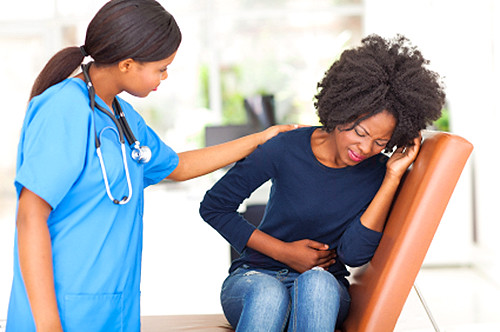
- Bacteria: Salmonella, E. coli, Listeria, and Campylobacter are some of the most common types of bacteria that can cause food poisoning.
- Viruses: Norovirus, Hepatitis A, and rotavirus are some of the most common types of viruses that can cause food poisoning.
- Toxins: Some foods can contain natural toxins, such as those found in certain types of mushrooms.
- Parasites: Parasites such as Toxoplasma, Giardia, and Cryptosporidium can cause food poisoning.
- Chemical contamination: This can occur due to the use of pesticides, cleaning products, or other chemicals in the food production and storage process.
These contaminants can enter the food supply through poor hygiene practices, cross-contamination, or insufficient cooking or processing.
Types
There are many types of food poisoning , some of them are :
- Bacterial poisoning: This type of food poisoning is caused by harmful bacteria such as Salmonella, E. coli, and Listeria.
- Viral poisoning: This type of food poisoning is caused by viruses such as Norovirus and Hepatitis A.
- Chemical food poisoning: This type of food poisoning is caused by consuming toxic substances such as heavy metals, pesticides, and cleaning products.
- Parasitic food poisoning: This type of food poisoning is caused by parasites such as Toxoplasma, Giardia, and Cryptosporidium.
- Toxin-mediated food poisoning: This type of food poisoning occurs when foods contain natural toxins, such as those found in certain types of mushrooms.
Each type of food poisoning has its own specific symptoms and causes, and some types may be more severe than others.
Symptoms
The symptoms of food poisoning can vary depending on the type and severity of the contamination, but some common symptoms include:
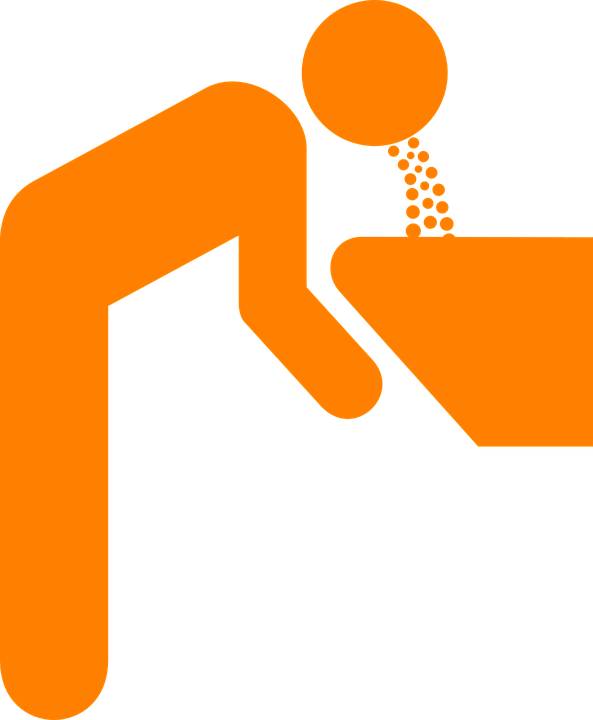
- Nausea
- Vomiting
- Diarrhea
- Abdominal cramps
- Stomach pain
- Fever
- Dehydration
- Weakness and fatigue
- Loss of appetite
Symptoms of this condition can appear anywhere from a few hours to several days after consuming contaminated food or drink. Some cases of food poisoning may be mild and resolve on their own, while others may require medical attention. If you experience severe symptoms such as high fever, severe dehydration, or blood in your stool, it is important to seek medical attention as soon as possible.
Risk factors
There are several factors that can increase the risk of food poisoning, including:

- Improper food handling and storage: Not properly refrigerating food or leaving it out at room temperature for too long can allow harmful bacteria to grow.
- Undercooked or raw food: Consuming undercooked meat, poultry, or eggs can increase the risk of food poisoning.
- Cross-contamination: This can occur when food comes into contact with contaminated surfaces, utensils, or hands.
- Poor hygiene practices: Not washing your hands before handling food or after using the bathroom can increase the risk of food poisoning.
- Consuming contaminated water: Drinking water that has been contaminated with harmful bacteria, viruses, or parasites can increase the risk of food poisoning.
- Weakened immune system: People with a weakened immune system, such as those with HIV or undergoing chemotherapy, may be more susceptible to food poisoning.
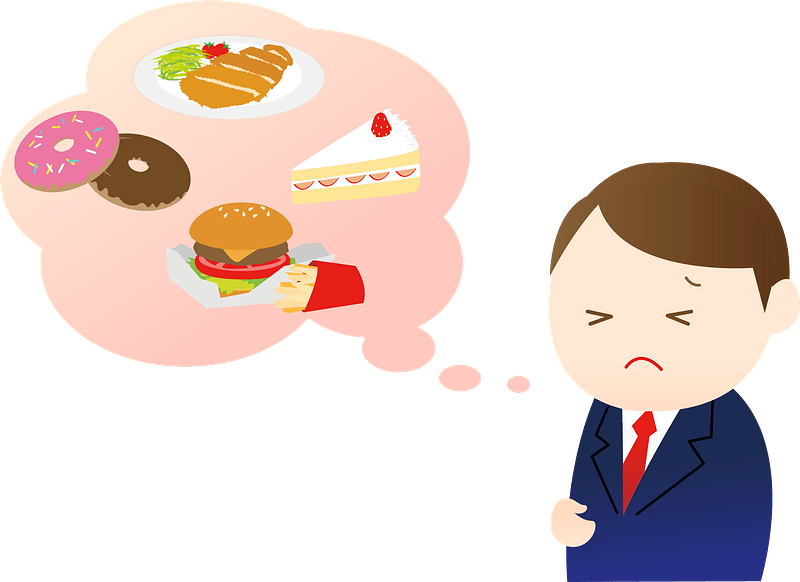
By following proper food safety measures and being mindful of these risk factors, you can reduce your risk of food poisoning.
Clinical Management
The management options for food poisoning include:
- Hydration: It is important to drink plenty of fluids to prevent dehydration, especially water and electrolyte solutions.
- Over-the-counter medications: Over-the-counter antidiarrheal medications and antiemetics may help relieve symptoms.
- Rest: Getting plenty of rest and avoiding strenuous activity can help your body recover.
- Healthy diet: Gradually reintroduce light, bland foods into your diet as tolerated, such as crackers, rice, and bananas.
- Probiotics: Taking probiotics may help restore the balance of good bacteria in your gut and improve digestion.
- Medical attention: If your symptoms are severe or persist, it is important to seek medical attention. In some cases, antibiotics may be necessary to treat bacterial food poisoning.
It is important to note that these management options are not a substitute for seeking medical attention if you suspect that you have food poisoning. Your healthcare provider can determine the best course of treatment for your individual situation.
Treatment
Food poisoning is treated by addressing its symptoms and restoring fluid balance in the body. The following steps can help:
- Hydrate: Drink plenty of fluids, such as water, electrolyte-rich sports drinks, or clear broths.
- Rest: Get plenty of rest to help the body recover.
- Over-the-counter remedies: Take over-the-counter antidiarrheals, such as loperamide, or pain relievers, such as acetaminophen, to help with symptoms.
- Avoid certain foods: Avoid dairy products, caffeine, alcohol, and fatty or spicy foods until you feel better.
- Eat bland foods: Gradually add bland foods to your diet, such as rice, toast, or crackers, as you begin to feel better.
- When to seek medical help: If symptoms persist or you have severe dehydration, high fever, bloody stools, or signs of infection, seek medical attention.
It’s important to avoid self-diagnosis and treatment, as some forms of food poisoning can be serious and require prompt medical attention.
Prevention
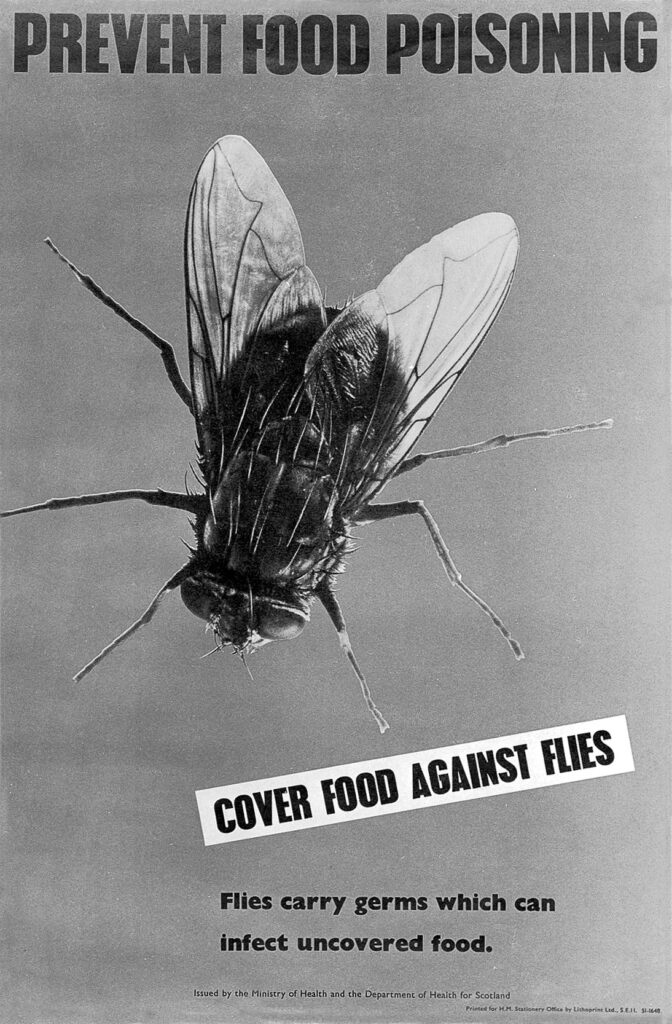
- Wash your hands with soap and warm water for at least 20 seconds before and after handling food.
- Keep raw food separate from cooked food to avoid contamination.
- Cook food thoroughly, especially meat, poultry, and eggs, to kill any bacteria that may be present.
- Store food properly; keep raw and cooked food separate, and store food at the right temperature.
- Avoid cross-contamination by using separate cutting boards for raw and cooked food, and by washing all utensils, cutting boards, and work surfaces after each use.
- Clean and sanitize kitchen surfaces and equipment regularly.
- Refrigerate or freeze leftovers as soon as possible to prevent bacteria from growing.
- Throw away food that has been left out for more than two hours, or if it is past its expiration date.
- Don’t eat raw or undercooked eggs, meat, poultry, or seafood.
- Avoid unpasteurized dairy products and unpasteurized juices.
Medications
This is an illness caused by eating contaminated food. Common symptoms include abdominal cramps, nausea, vomiting, and diarrhea. In most cases, food poisoning is mild and resolves on its own without medical treatment. But in some cases, medications may be necessary to help treat the symptoms and reduce the risk of complications.
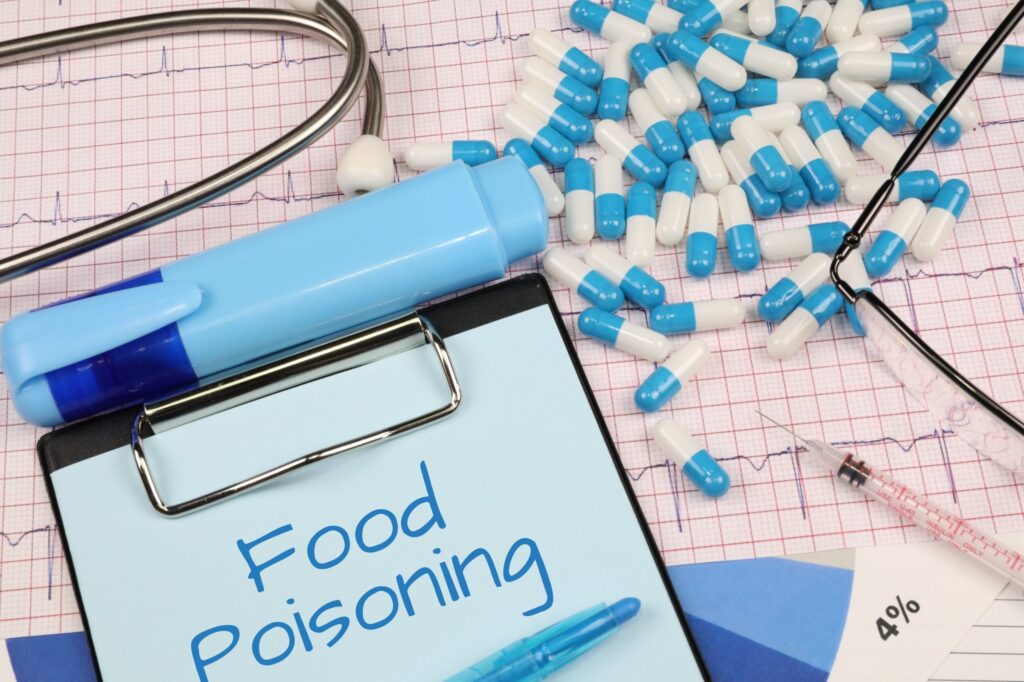
- Antiemetics: Antiemetics are medications that can help reduce nausea, vomiting, and abdominal cramps. Ondansetron (Zofran) is commonly prescribed for food poisoning. Other medications in this class include promethazine (Phenergan), metoclopramide (Reglan), and prochlorperazine (Compazine).
- Antidiarrheals: Antidiarrheals are medications used to treat diarrhea. Loperamide (Imodium) is the most commonly prescribed antidiarrheals for food poisoning. Bismuth subsalicylate (Pepto-Bismol) is another medication used to treat diarrhea that can also help reduce nausea and vomiting.
- Antibiotics: In some cases, antibiotics may be prescribed to treat food poisoning caused by certain bacteria, such as Salmonella, Campylobacter, and E. coli. The most commonly prescribed antibiotics for food poisoning include ciprofloxacin (Cipro), amoxicillin, and azithromycin (Zithromax).
- Fluids: Dehydration is a common complication of food poisoning. As such, it is important to drink plenty of fluids to prevent dehydration. Fluids such as water, sports drinks, and clear soups can help replace lost fluids and electrolytes. Oral rehydration solutions, such as Pedialyte, may also be recommended in severe cases.
These medications can help reduce the symptoms of food poisoning and reduce the risk of complications. However, it is important to consult a doctor before taking any medications for food poisoning.
Summary
Food poisoning is a common illness caused by consuming contaminated food or beverages. Symptoms can range from mild to severe, and can include nausea, vomiting, abdominal pain, diarrhea, fever, and dehydration. Treatment typically involves drinking plenty of fluids and getting rest. In more severe cases, hospitalization may be necessary. To avoid food poisoning, it is important to always practice food safety and cleanliness when preparing food, as well as to only consume food from reliable sources.
